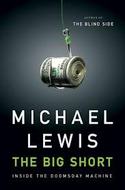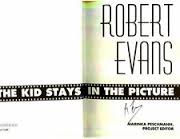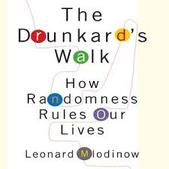 Back in college, I read and enjoyed the crazy stories of bond trading in Liar's Poker by Michael Lewis, so I decided to check out his next book, The Big Short: Inside the Doomsday Machine, which describes the sub-prime mortgage collapse and bank bailouts. This one follows three individuals who bet against the entire sub-prime market in a time when everyone thought they were crazy, and they ended up proving everyone else wrong. The author did a nice job explaining at a high level all the required technicalities of derivatives like MBSs, CDOs, and CDSs and how really bad incentives all over the industry led to its collapse. I enjoyed hearing about the details of how each of the three traders/investors made their decisions and worked with the banks to put on trades initially that were very unpopular. Some of my big takeaways:
Below are my full notes on the book.
1 Comment
 A good friend recommended I check out the best Hollywood storyteller recount his life and the true grit of old Hollywood in The Kid Stays in the Picture by Robert Evans. It really was an awesome story, and it was a delicious experience to hear the author read his own book in the audio version -- complete with profanities and all. I found the author's sense of individualism and never forfeiting his own opinions to be a great example to follow. He recounted a lot of what made him successful, and he also humbly admitted all the ways he really screwed up; I enjoyed hearing both sides of the story. I liked the many little aphorisms shared in the book, such as around the art of negotiation, dealing with the ladies, prioritizing family and health, and how to have a good time in life overall. Below are some of the more funny or thought-provoking points that I took away from the book.  I just finished readingThe Drunkard's Walk: How Randomness Rules Our Lives by Leonard Mlodinow. Its overarching lesson is that there is way more to life to attribute to randomness and luck than we normally think. Through nice examples and stories, it provided an easy to follow and basic explanation of many of the important concepts of probability and statistics, like Bayes' Rule. I also enjoyed the author's witty and sometimes self-deprecating prose. The book reminded me a lot of Taleb's writing in terms of breaking down various fallacies and biases humans have to create narratives that explain situations instead of recognizing the large role of luck. Here is a sampling of some of the main lessons:
|
Archives
June 2024
Categories
All
Subscribe |
 RSS Feed
RSS Feed
